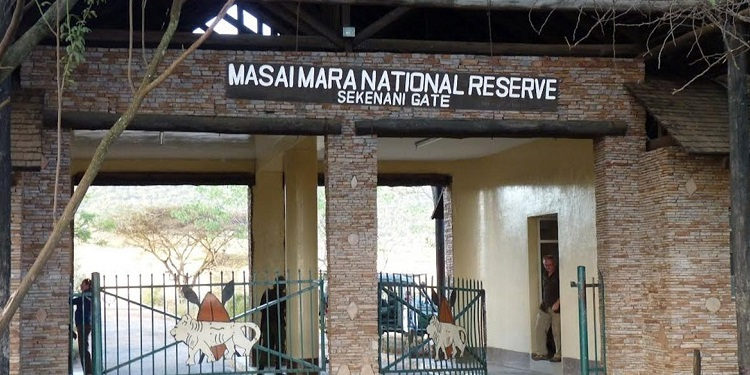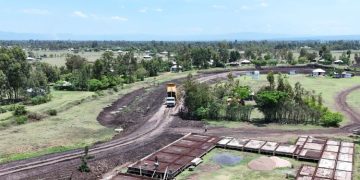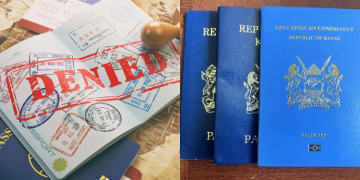A new World Bank report has raised concerns over the Kenyan government’s heavy involvement in markets, warning that, coupled with a rising debt burden, it is increasing poverty.
According to the Levelling the Playing Field report released on Tuesday, June 24, the Kenyan government is engaging in too much business, causing deepening inequality, and limiting opportunities for private sector growth.
It points out that state-owned enterprises (SOEs) are dominating sectors that could be better served by private firms, such as hospitality, retail, and manufacturing.
“State participation in markets that the private sector can effectively serve and regulations that favour state-owned businesses further limit the size of domestic markets available for firms and farms.”
“Between 2013 and 2018, product markets in African countries tended to have higher barriers to competition, owing to a high degree of state involvement in markets,” the report reads in part.
Also Read: World Bank to Give 20,000 Kenyan Families Money for School
How Government Businesses are Affecting Kenyans
By 2023, state-linked businesses were active in close to or more than half of Kenya’s key business sectors, benefiting from favourable regulations that give them an unfair edge. This, the World Bank says, creates an uneven playing field, shrinking the space for private firms and local entrepreneurs to thrive.
The World Bank says that, creates an uneven playing field, shrinking the space for private firms and local entrepreneurs to thrive.
“In Ethiopia, Kenya, and South Africa, some state-owned businesses benefit disproportionately from favourable regulations, creating an unlevel playing field for firms (World Bank 2023b),” adds the report.
The report, which is addressing ‘Structural Inequalities to Accelerate Poverty Reduction in Africa,’ notes that Kenya, Ethiopia, and Ghana are facing a reversal in poverty reduction progress because of mounting sovereign debt and market distortions.
World Bank on Rising Debt
According to the bank, Kenya is also facing fiscal pressure. Between 2019 and 2021, along with 24 others in Africa, spent more on debt interest payments than on healthcare.
The World Bank warns that rising debt repayments and limited access to external financing are forcing governments like Kenya’s to consider fiscal consolidation or even debt restructuring.
In such a constrained environment, the report calls for smarter, fairer tax and spending policies that don’t overburden the poor.
Also Read: 11 Kenyan Companies Ranked Among East Africa’s Top 20 [List]
A Time When Kenya Was Doing Well
On the other hand, Kenya’s economic trajectory once showed promise.
Between 2005 and 2015, Kenya reduced extreme poverty from 36.7% to 29.4%, cut inequality (Gini index fell from 46.5 to 40.8), and grew its per capita GDP.
However, by 2024, Kenya began grappling with rising inequality and sluggish poverty reduction.
In addition, growing debt and structural imbalances are undoing past progress.
The World Bank has stressed that for poverty to fall, Kenya must level the economic playing field, reduce state interference in competitive markets, and give space for the private sector to grow.
“Policies that promote equity and opportunity will be crucial to making growth work for all,” the report concludes.
Follow our WhatsApp Channel and X Account for real-time news updates.












































































